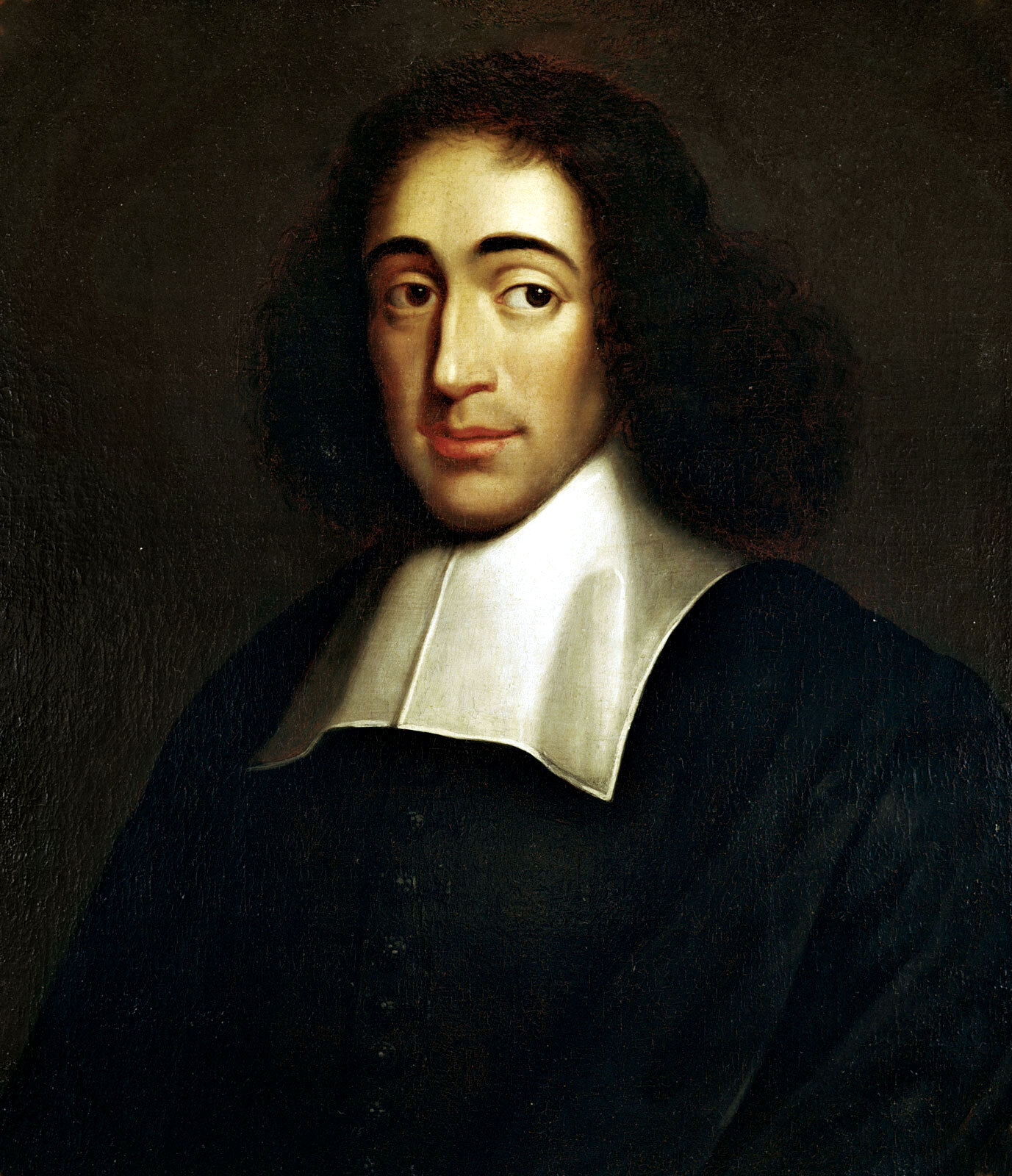
This is an unfinished work of philosophy by the seventeenth-century philosopher Baruch Spinoza, published posthumously in 1677. It is an attempt to formulate a philosophical method that would allow the mind to form the clear and distinct ideas that are necessary for its perfection. It contains, in addition, reflection upon the various kinds of knowledge, an extended treatment of definition, and a lengthy analysis of the nature and causes of doubt. He discusses, among other topics, perception, experience, intelligence, memory, and forgetting. Spinoza commenced this treatise with the intention of examining the problem of knowledge, but the work was never completed. In his other works epistemological discussions are intimately linked with the rest of his philosophy. Indeed, even in the Treatise on the Improvement of the Understanding epistemological views are almost inseparably connected with ethical ones. That is the consequence of his characteristic conception of knowledge. For Spinoza "knowledge" is "life", not in the sense that contemplation is the highest life, but in the sense that knowledge is the means of holding together the threads of life in a systematic unity that can fill its proper place in the cosmic system.
Author

Baruch Spinoza, often Benedictus de Spinoza, was a Dutch philosopher. The breadth and importance of Spinoza's work was not fully realized until many years after his death. By laying the groundwork for the 18th-century Enlightenment and modern biblical criticism, including modern conceptions of the self and, arguably, the universe, he came to be considered one of the great rationalists of 17th-century philosophy. His magnum opus, the posthumous Ethics, in which he opposed Descartes' mind–body dualism, has earned him recognition as one of Western philosophy's most important thinkers. In the Ethics, "Spinoza wrote the last indisputable Latin masterpiece, and one in which the refined conceptions of medieval philosophy are finally turned against themselves and destroyed entirely." Philosopher Georg Wilhelm Friedrich Hegel said of all contemporary philosophers, "You are either a Spinozist or not a philosopher at all."